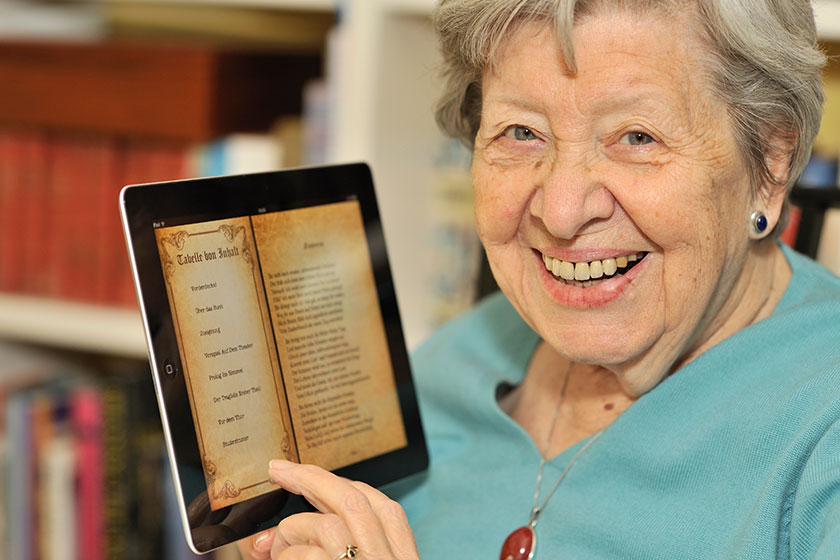Reading is one of the best habits for people of all ages to cultivate. Serving not only as a fountain of knowledge or an escape into a magical world, there are plenty of other benefits of reading, especially as we age. Scientific studies have found that older adults who read benefit greatly cognitively and emotionally. These five points show why the elderly should read, from helping preserve their mental faculties to increasing social interaction.
Improve Memory
Research has shown that older adults who engage in mentally stimulating activities such as reading had a slower decline in their memory than those who did not. This shows that reading exercises our memory which is vital for short-term recall of everyday events. Exercising your brain regularly can help strengthen the neural network in the brain, helping your mind to process new information and retain them.
Delay the Onset of Dementia
This leads to the second benefit of reading as an elderly. If you or your loved one has begun forgetting little things, it may be time to pick up a book. Studies have shown that reading from a young age can reduce the chances of developing Alzheimer’s disease. As a mentally challenging activity, reading helps our brains to build a reserve of neural connections which makes it harder more for neurons to be destroyed and the symptoms of Alzheimer’s to emerge. Reading also helps preserve brain structures which are essential to cognition in later life.
Better Sleep
Many older adults suffer from sleep disorders. However, the simple activity of reading in bed is one of the best ways we can lull ourselves to sleep. Using reading as part of your bedtime ritual can help your body associate the activity with sleep, creating better sleeping habits. Compared to falling asleep to the sound of the television or any other electronic device, reading induces a better shut-eye. So, trade your television for a book and drift off to sleep.
Increased Social Interactions
Reading, much like other activities can bring people together. With shared interests, avid readers can bond over books in a book club, share their thoughts with other readers and create friendships with like-minded individuals. Staying socially active is an underrated but extremely important way to maintain holistic health as an older adult.
Sharpen Decision-Making Abilities
Fluid intelligence comprises analytical and reasoning abilities needed to solve problems in daily life. Though fluid intelligence declines throughout adulthood, reading can help maintain that. A study found that regardless of age, those who regularly engaged in activities that challenge their brains, like reading did better on fluid intelligence tests than those who did not. Reading can thus help ensure that your elderly loved one is able to live their life to the fullest, do the things they love and have a higher standard of living in their golden years.
If you or your loved one is hesitant to jump on this healthy habit due to certain obstacles like vision loss, not to worry, some alternatives make reading accessible. Many publishers now offer large print books which can help older adults with vision problems read with ease.







